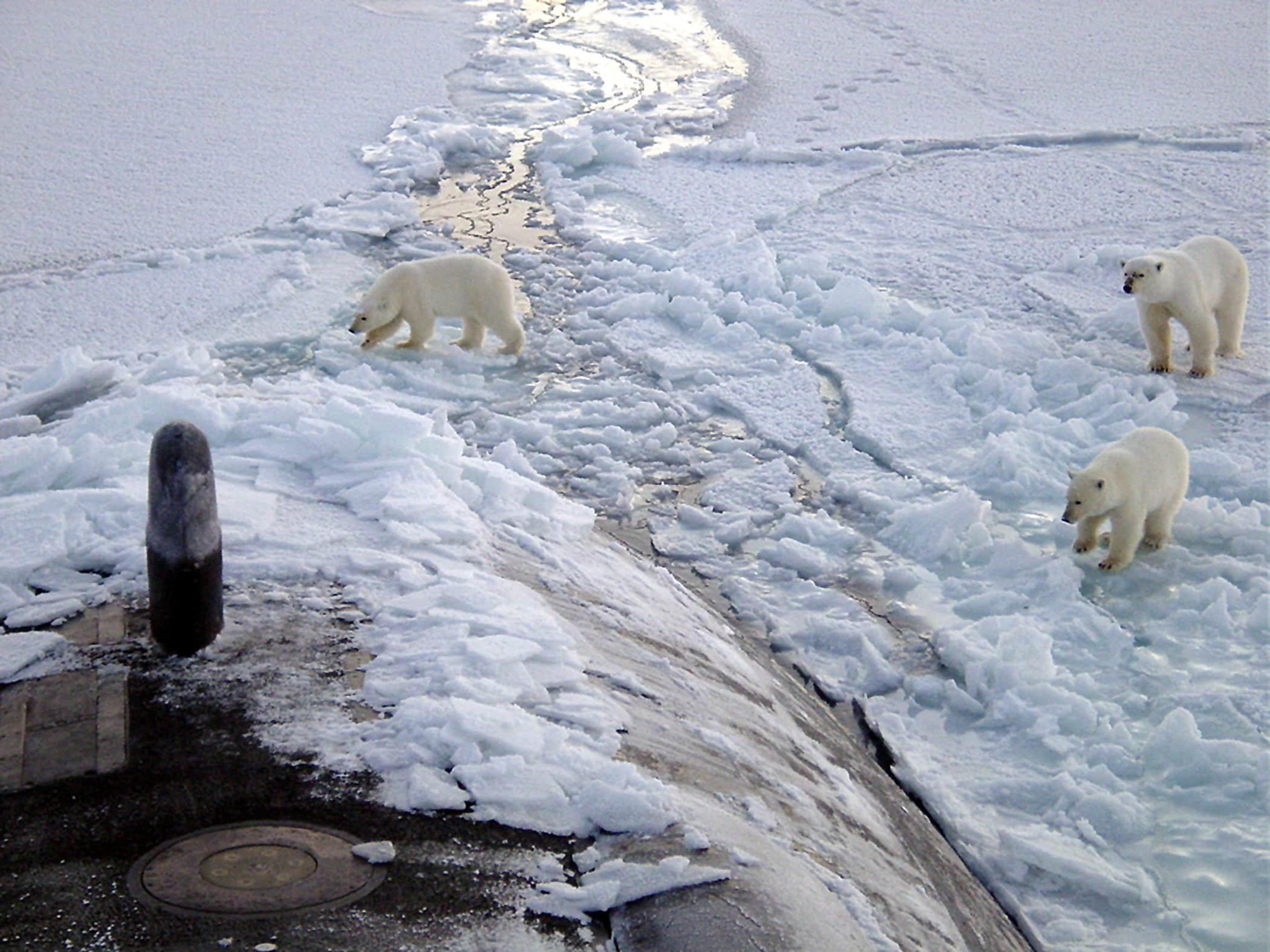Arctic Ocean’s Increasingly Acidic Waters Threaten Wildlife and Livelihoods
OutdoorHub Reporters 05.08.13

Over 160,000 Inuit people live in Alaska, Canada, and the other areas that border the Arctic Ocean, many of whom depend on the local wildlife for sustenance. This way of life is now threatened by a disturbing discovery: the Arctic Ocean is absorbing carbon dioxide at an exceedingly fast rate. According to a recent study conducted by the Arctic Monitoring and Assessment Programme, the top 100 meters of ocean water in the Arctic are now 30 percent more acidic than in the late 18th century.
Smaller marine life, including cod, plankton, and herring, are already starting to feel the strain from the increasingly toxic water. Their disappearance could send waves up the food chain and affect even birds and large mammals. In the ocean, the slightest imbalance can have far reaching ecological consequences, as well as threatening economic disaster.
“This could have significant implications for large economically important regions like the Canadian archipelago, the waters north of Alaska and the Barents Sea,” said Richard Bellerby, lead author on the study, in an interview with The Independent.
Scientists are still calculating the possible effect of the change on Arctic fisheries, but so far the outlook is uncertain. Indigenous groups like the Inuit however, are likely to bear the brunt of the ecological damage due to their harvesting of a variety of native animals. The study predicts that people will begin to rely on more adaptable species or change cultural practices to suit the change.
Even worse, acidification is not the only danger that the area faces, but just another addition to a host of problems involving pollution and climate change. However, the occurrence is not entirely negative. Scientists believe that the more CO2 the ocean absorbs, the less there will be in the air. It is a dangerous trade-off and researchers are still monitoring the Arctic Ocean for more information. You can read a summary of the study here.

